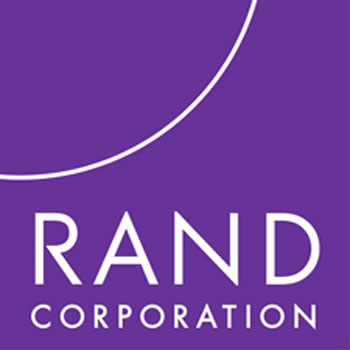| By all accounts, no coalition forces officers on the ground in Iraq, including those responsible for detainee issues, received a briefing of any significance regarding the MeK prior to deployment or interacting with MeK members. |
 Coalition Forces Were Not Prepared to Deal with an Unfamiliar Culture or the MeK’s Atypical Characteristics
Coalition Forces Were Not Prepared to Deal with an Unfamiliar Culture or the MeK’s Atypical Characteristics
By all accounts, no coalition forces officers on the ground in Iraq, including those responsible for detainee issues, received a briefing of any significance regarding the MeK prior to deployment or interacting with MeK members.
The first officers to serve on the JIATF at Camp Ashraf had little or no lead time to prepare for their assignments to Camp Ashraf. Neither the officers nor the soldiers who supported them received information or training regarding the Iranian (Persian) and Iraqi (Arab) cultures.
During the first year of the occupation, some even remained unaware that different languages are spoken in the two nations.1 In an environment in which the occupying force and the detainees likewise speak different languages, not to mention different dialects of the same language, interpreters can play a fundamental operations role in conducting negotiations, elevating cultural awareness, and (in this case) gaining better access to and insight about the MeK. Yet in the early days of OIF, no interpreters were assigned specifically to the JIATF at Camp Ashraf.
Even when relevant cultural and operational knowledge was attained through hard-won daily experience in theater, there were limited opportunities to share it. MNF-I denied requests by outgoing JIATF commanders to allow several days of crossover time to mentor incoming commanders about their complex and frustrating new role. Some officers were given cursory briefings about the MeK; others received none. Therefore, the usual difficulties related to conveying institutional knowledge were compounded by the fact that there was virtually no overlap among the top leadership during changes of command.
As a result, the JIATF’s commanders had few or no opportunities to discuss the difficulties inherent in dealing with the MeK, to share knowledge, or to compare strategies. This deficit had particularly profound consequences once it became apparent to JIATF officers through their early interrogations of MeK members that the organization was not just an FTO; it was also a cult.2
1 Arabic and Persian are different languages, which created obvious complications. And although Farsi and Dari are both Persian languages, the MeK primarily speak Farsi. Dari is spoken in Afghanistan. However, most interpreters were fluent in Dari, and their translations of Farsi would likely have been imprecise. One interpreter recounted a particularly ludicrous example of the language issue. Asked to translate for a group of Arabic speakers who were visiting the TIPF, she informed the soldiers that she spoke Farsi, not Arabic. They, in turn, asked her to “concentrate” (interview with a former JIATF Farsi interpreter, January 2008).
2 The cult characteristics of the MeK are discussed in detail in Appendix B of this monograph. Some of that information is repeated in this chapter, particularly as it bears on the MeK’s deceptive recruiting practices and the methods that it used to thwart departures (called “defections” by JIATF) once the group had been interned in Camp Ashraf.
